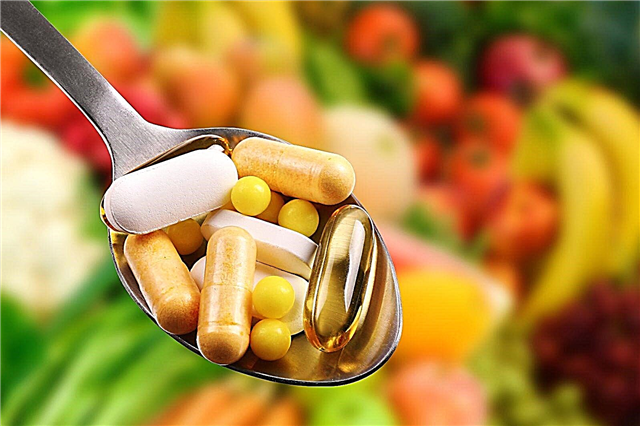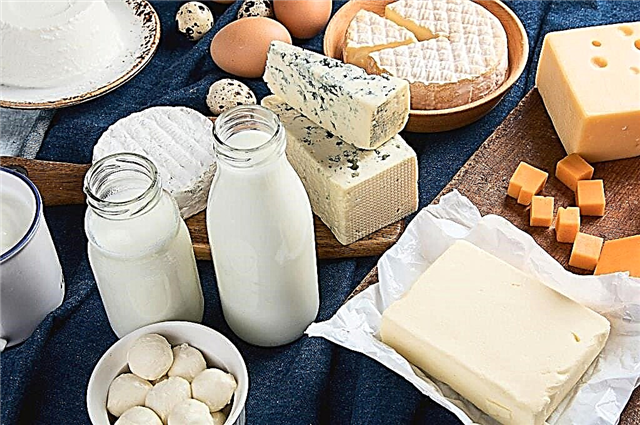Recently, we have often heard the recommendation from "keto experts" to eliminate all dairy products on the keto diet.
Yes, there are questions about dairy products, everyone knows about casein allergy and lactose intolerance (we will briefly analyze this too), but the main question is - can dairy products be consumed on keto or not?
Let's figure it out.
What's the problem with dairy products?
Everyone knows why dairy products are needed. This is taste, variety in the diet, good content of protein, calcium, vitamin D, vitamins B2 and B12, etc.
But what could be wrong with them? What objections can be found?
Lactose intolerance
The main carbohydrate in dairy products is lactose, milk sugar.
During infancy, your body made a digestive enzyme called lactase, which breaks down lactose from breast milk. However, many people lose the ability to break down lactose in adulthood (Study Ref # 1).
In fact, about 75% of the world's adult population is unable to break down lactose, a phenomenon called lactose intolerance (Study Ref # 2).
Lactose intolerance is very common in Africa, Asia and South America, but less common in North America, Europe and Australia.
People with lactose intolerance develop digestive problems when consuming dairy products and may develop symptoms such as nausea, vomiting, or diarrhea.
But people with lactose intolerance can sometimes consume fermented dairy products (like yogurt) or high-fat dairy products like butter (Study Ref # 3).
So the conclusion is yes, foods that are high in lactose are unacceptable on keto. But fermented products of the problems described here cannot create problems, tk. during fermentation, lactose is almost completely processed.
In fermented products, such as cottage cheese, cheese, sour cream from 0.1 to 3 g per 100 g of product, and in butter it is 0.6 g 100 g.
Casein allergy
Casein makes up 80% of all protein in dairy products, including all nine essential amino acids.
Sometimes casein is allergic and when it enters the body, the immune system begins to produce antibodies, as a result, this leads to the development of inflammation. Animal milk has approximately the same set of proteins, therefore, in case of milk intolerance, allergic reactions will occur after consuming any dairy product.
Effects of dairy products on insulin and ketosis
The main criticism of dairy products is that they raise insulin levels and therefore can affect ketosis. While it is true that dairy products (like all other protein foods) trigger the production of insulin, their effect is not very different from other proteins, at least when it comes to adults.
Back in 1997, researchers chose the same portions of 38 foods, 239 kcal (1000 kJ) each, and compared how they increase insulin, using the body's response to white bread as a basis for comparison. It turned out that cheese raises insulin levels more than eggs, but less than beef or fish.
However, the differences in their insulin indices were not significant, especially when compared to carbohydrate foods (Study Ref # 4).
Indeed, a 2016 study of 43 overweight men and women confirmed that meat-based meals and cheese-based foods with the same macronutrient composition had nearly the same effect on their insulin levels (Study Ref # 5).
But at the same time, it was found that dairy products act differently on children, causing a stronger release of insulin.
For example, a 2009 study of 57 8-year-old boys found that whey significantly increased insulin levels (Study Ref # 6).
How do you know if you have a problem with dairy products?
How to tell if you are lactose intolerant or allergic to casein?
- Eliminate all dairy products from your diet for two weeks. Do you feel better without dairy products?
- After you stop consuming dairy products, re-incorporate dairy products into your diet, one dairy product at a time. Start with hard cheeses like parmesan and cheddar. If you notice the appearance of any negative symptoms, then most likely you have a casein intolerance. After 2 to 3 days of skipping dairy products, start reintroducing foods such as butter and heavy cream. If you react to them, but not to hard cheeses, then you probably have a whey intolerance (this is very rare).
Depending on how you feel after these tests and how much you love dairy products, it's up to you what you do with this information.
Output
There is no objective evidence that everyone on keto should completely eliminate dairy products. If you are allergic or intolerant, yes, it doesn't matter if you are on the keto diet or not.
But if your body reacts completely normally to cheese, cream, butter, cottage cheese and sour cream - why should you exclude them from the diet?
Most likely, some "kakby-experts" to simplify the task remove all risky foods and instead of teaching people a balanced diet on a keto diet, to teach them to understand their body, they simply prohibit everything to the maximum, just to enter ketosis.
If you like dairy products that are allowed on the keto diet and you know how to include them in your keto dietary supplements, then there is no problem in diversifying your diet with dairy products.











